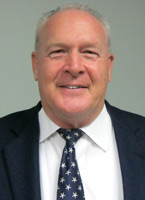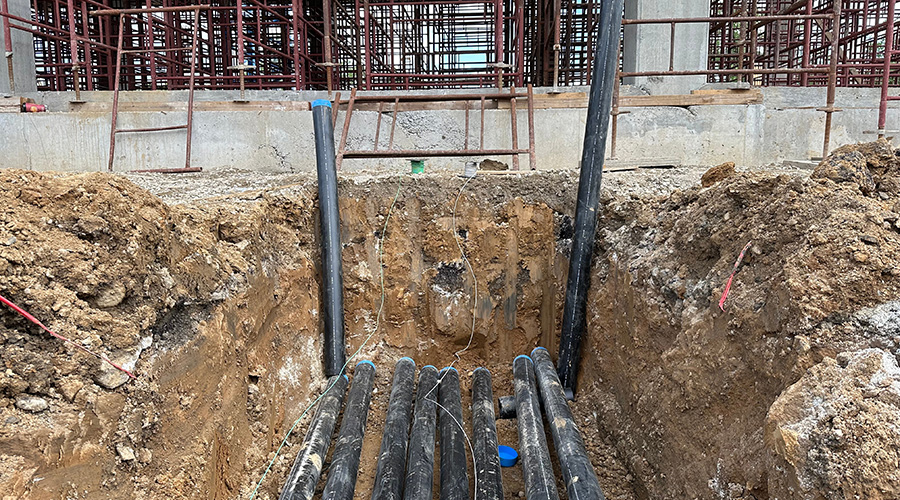Five Minutes With Audio & Video Home
fiveminuteswith
Hospital Says no to Pesticides for Turf Management
Mark Miller, the director of facilities with Washington Adventist Hospital in Takoma Park, Md., discusses his facility's decision to stop using pesticides on its lawns and landscapes.

Mark Miller
Director of Facilities,
Washington Adventist Hospital in Takoma Park, Md.
1. What was the thought process behind supporting the local rule to ban pesticide use?
Washington Adventist Hospital, a member of Adventist HealthCare, has always strived to be a good neighbor of the City of Takoma Park. Adventist HealthCare has made a commitment to green initiatives so that we may lessen our facilities' footprint on the environment.
2. What have you determined is the alternative to using insecticides or herbicides for your lawns and landscapes?
We are still in the discovery process. For insecticides, having beneficials such as ladybugs and praying mantis, keep the non-beneficial insects, such as aphids and lace bugs, in control, and make for a good integrated pest management program. If needed, optional environmentally friendly products may include Neem oil, other horticultural oils and soaps. For herbicides, we are still reviewing. In landscaped areas, maintenance by hand, weed mats and mulching should be effective. Turf is still under review – alternatives may include overseeding to provide competition for the weeds, higher cut height, etc.
3. How has the decision to move away from pesticides affected budgeting and your department?
We anticipate that our budget could increase to keep the campus looking good. We may use additional labor for hand pulling weeds, and provide additional aeration and overseeding to our turf program, which will provide competition for the weeds – with the hope that the turf will win the battle. This is a relatively new challenge for landscape contractors and we expect new means and methods will be developed to improve current strategies.
4. What kind of additional staff training was required to adapt to the new standards?
Very little – it is basically an awareness issue. We contract for our lawn and landscape care, so the training will come under the contractor's staff.
5. What other environmentally conscious programs are your department currently concentrating on?
In 2010, Adventist HealthCare began its green initiative program with system–wide goals to reduce waste by 20 percent and reduce energy and water consumption by 18 percent by the end of 2014. We are well on our way to meeting those goals.
Environmentally conscious programs we have initiated at Washington Adventist Hospital include:
1. Using safer chemicals in the cleaning of the hospital;
2. Investing in infrastructure upgrades to improve systems efficiencies, and reduce energy and water consumption;
3. Removing unused and outdated medications from the waste stream;
4. Providing environmentally friendly food containers;
5. Procuring services and products from local and green-committed companies;
6. Reducing lighting levels where appropriate. We are in the process of establishing a lights-out and night setback program.
Find more on this topic:
pesticides, grounds management, turf maintenance
posted: 9/2/2013








